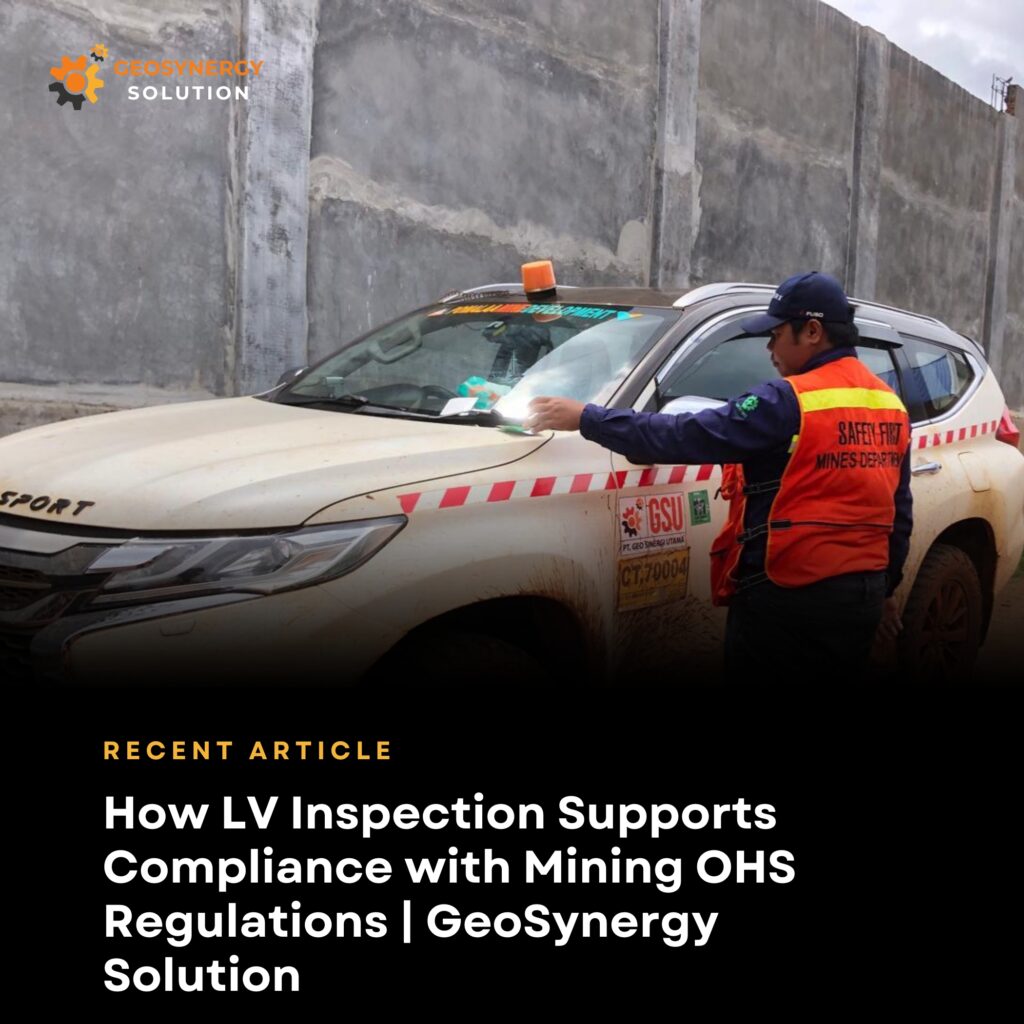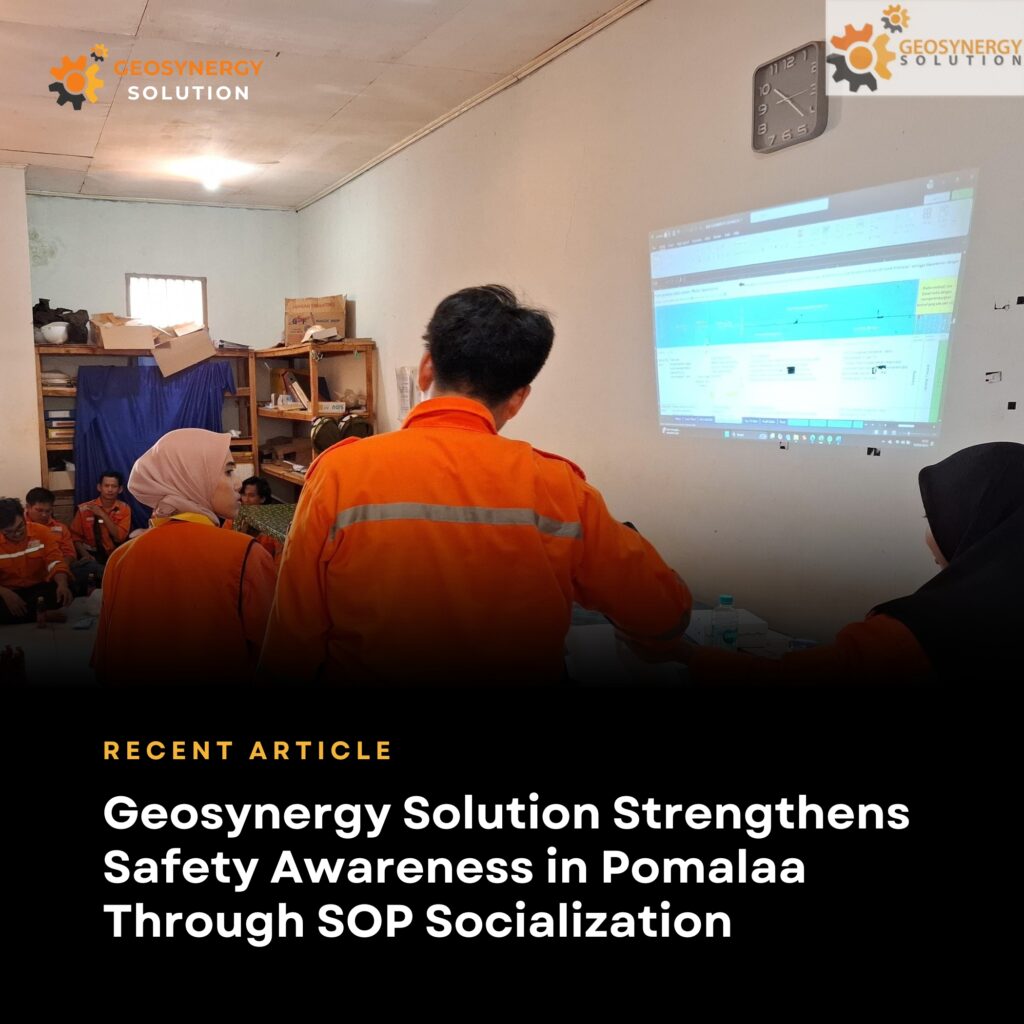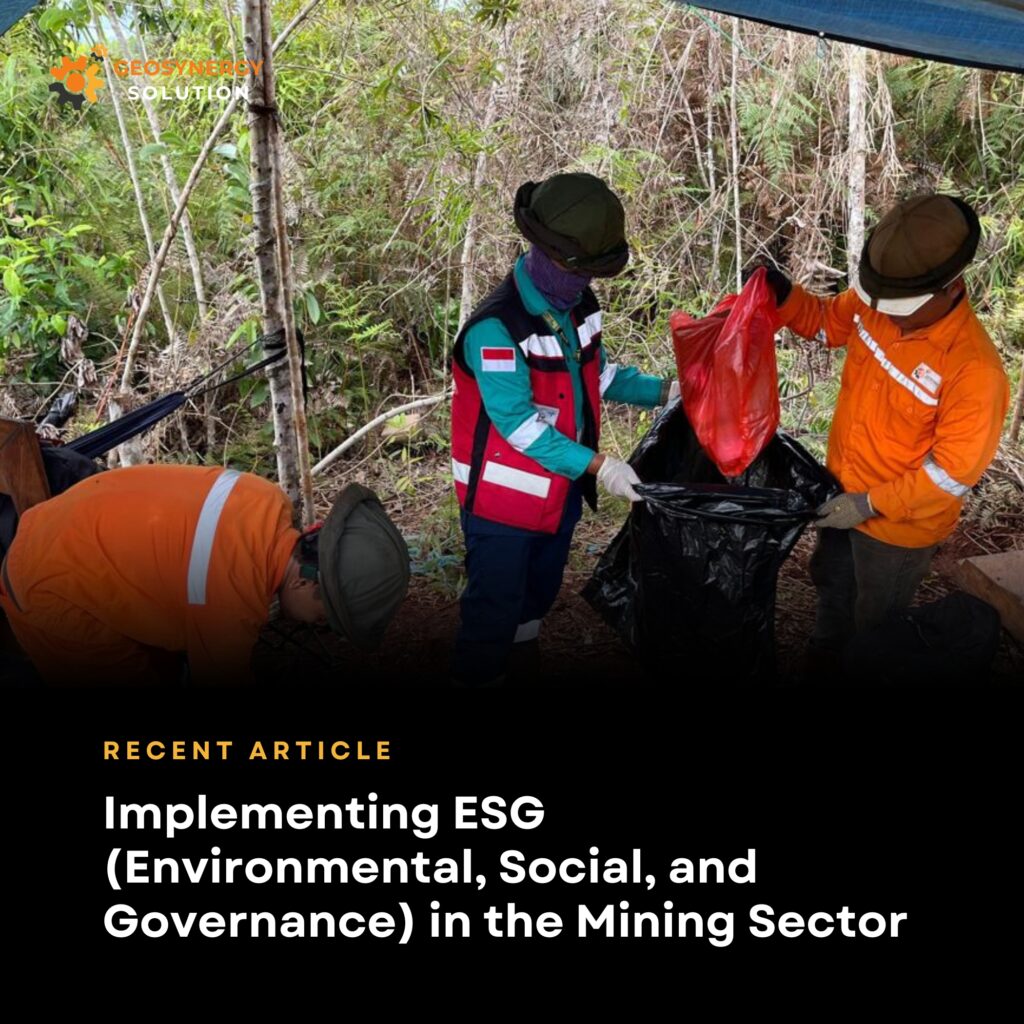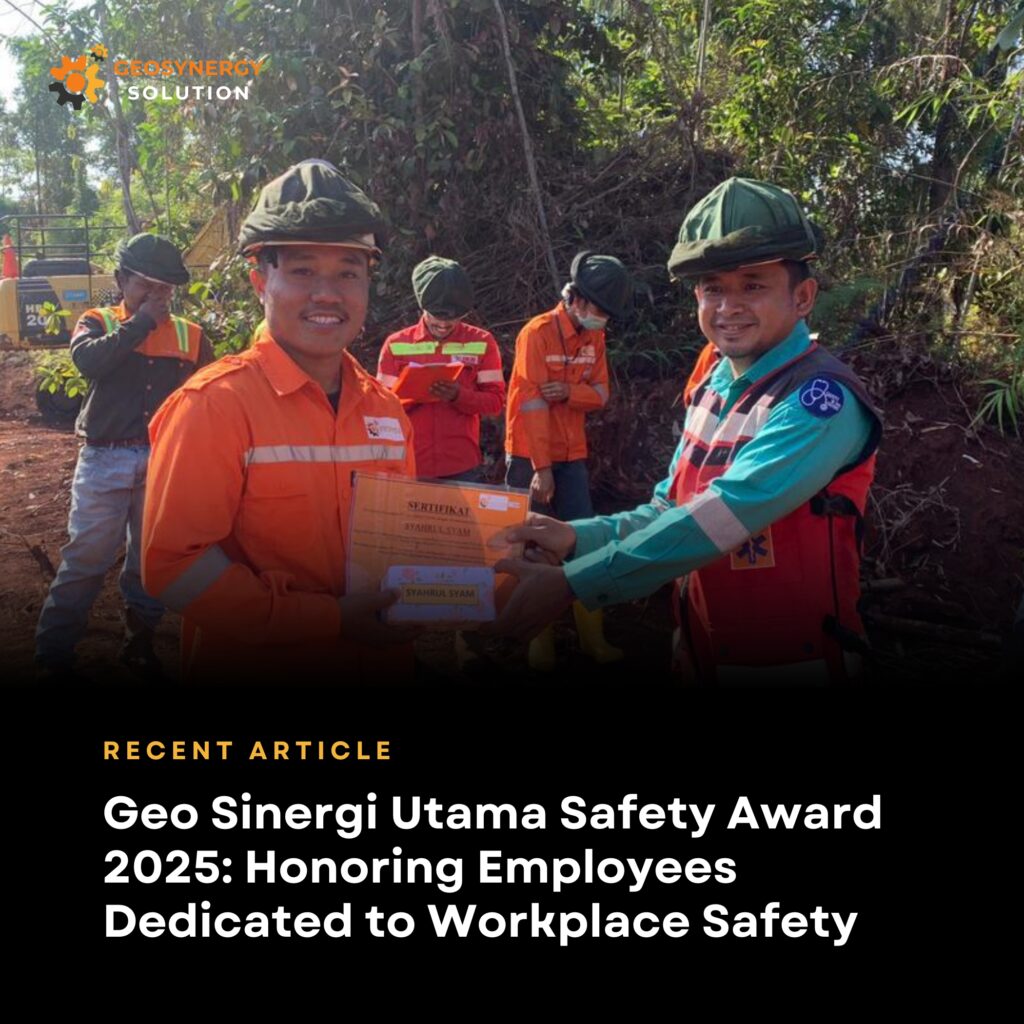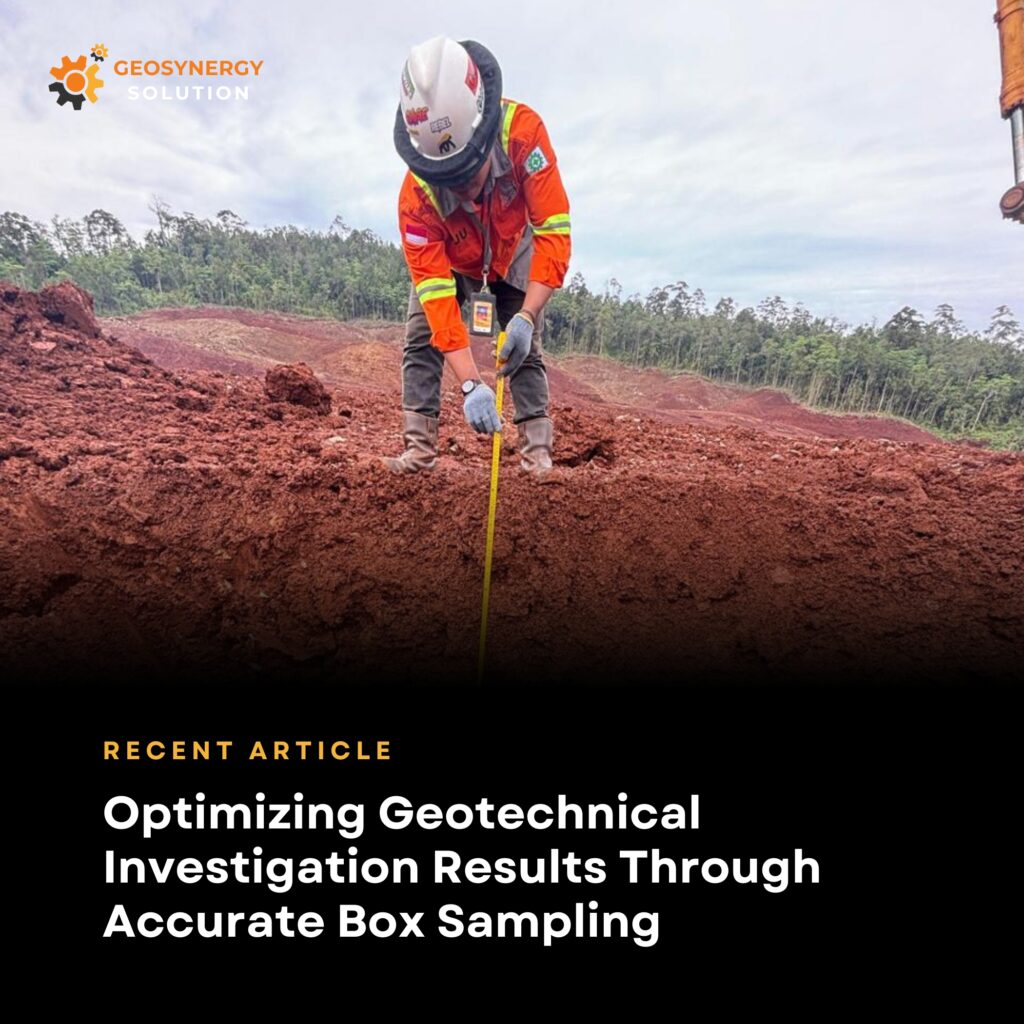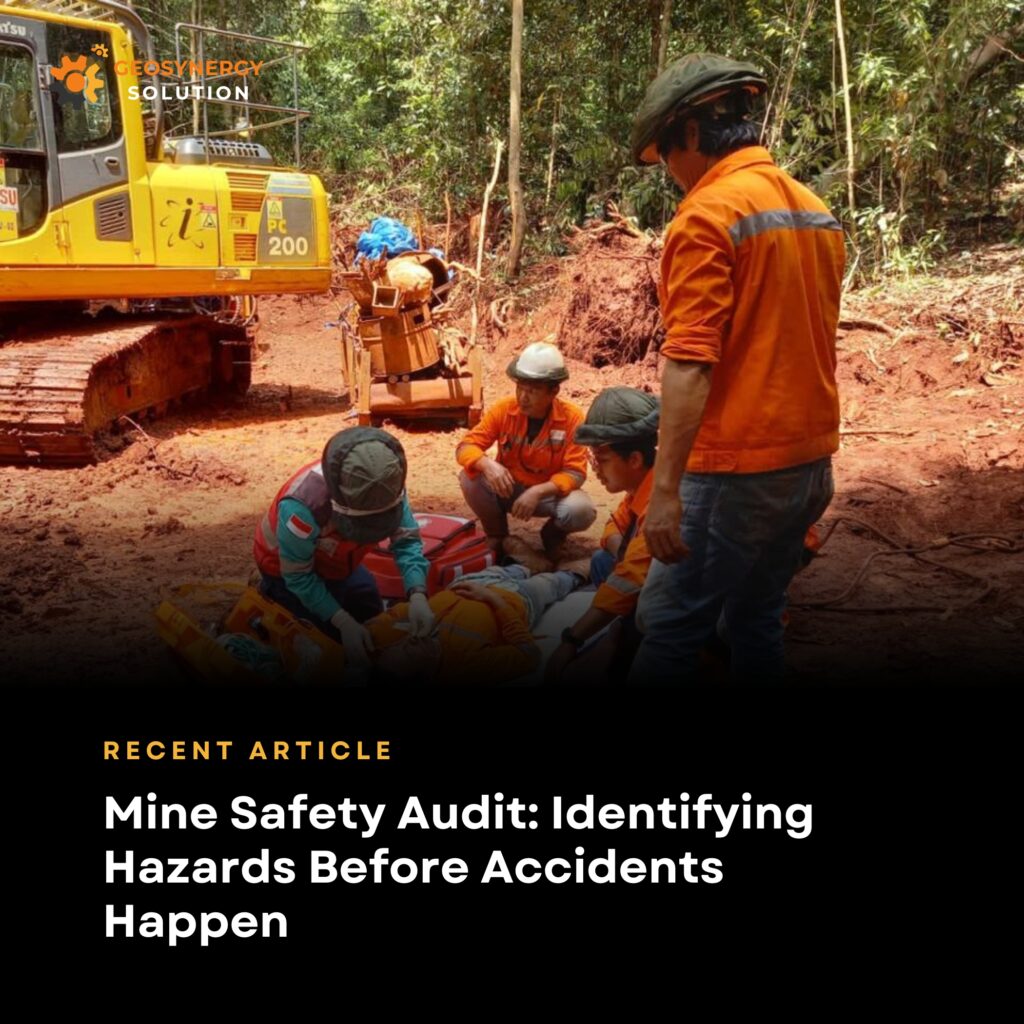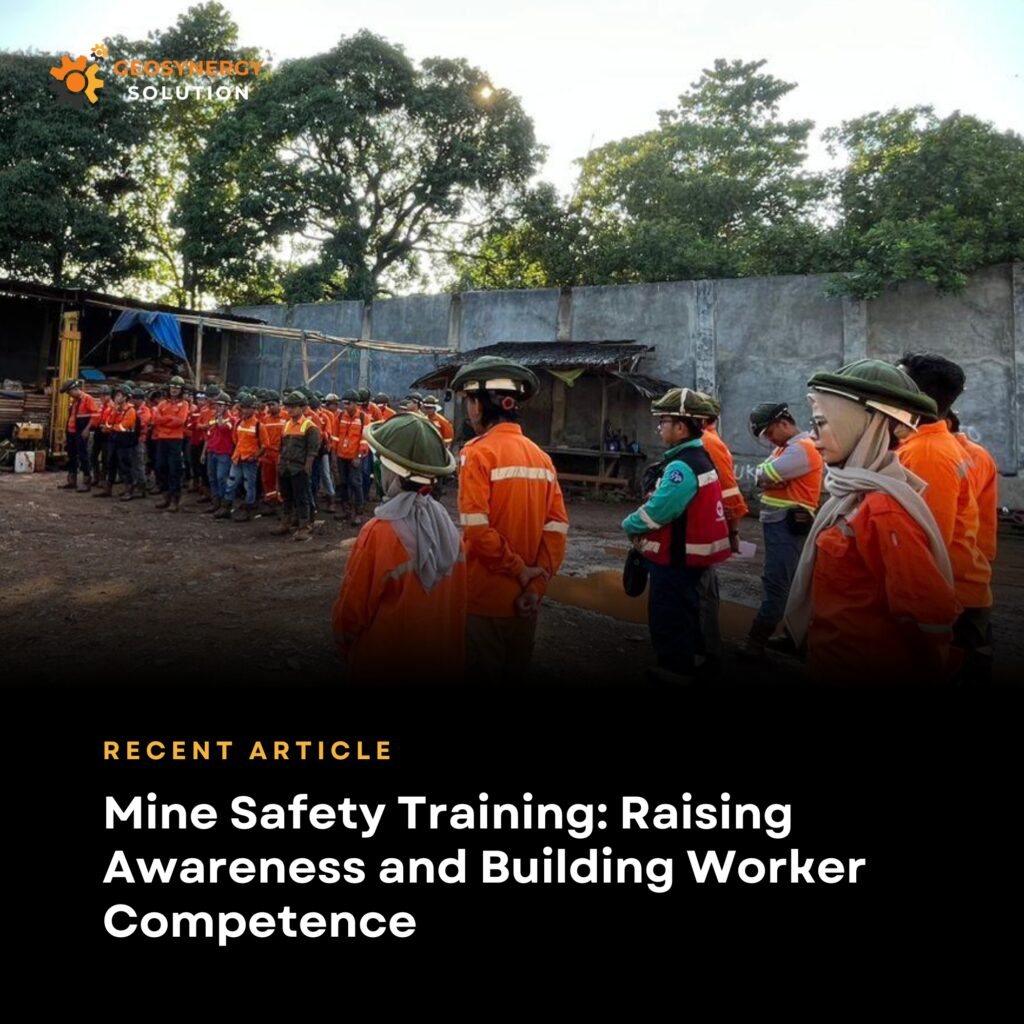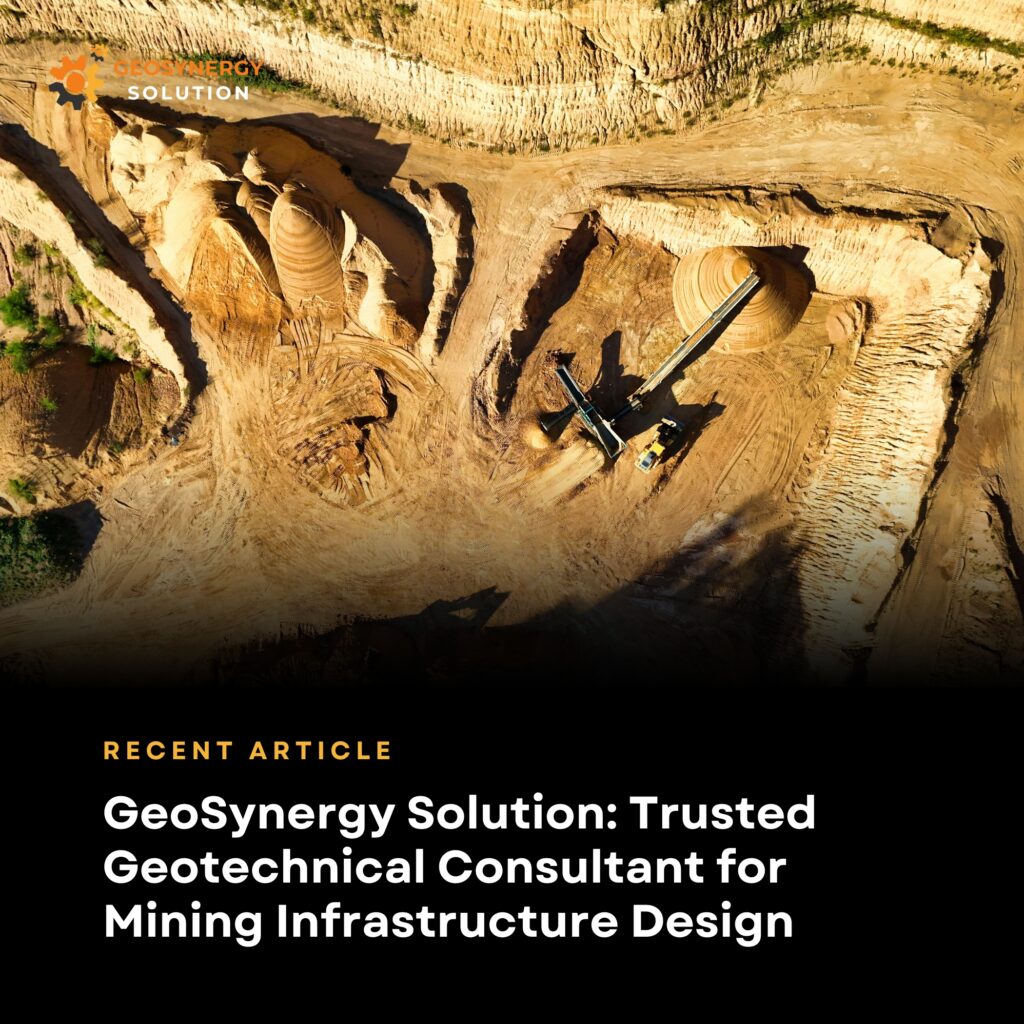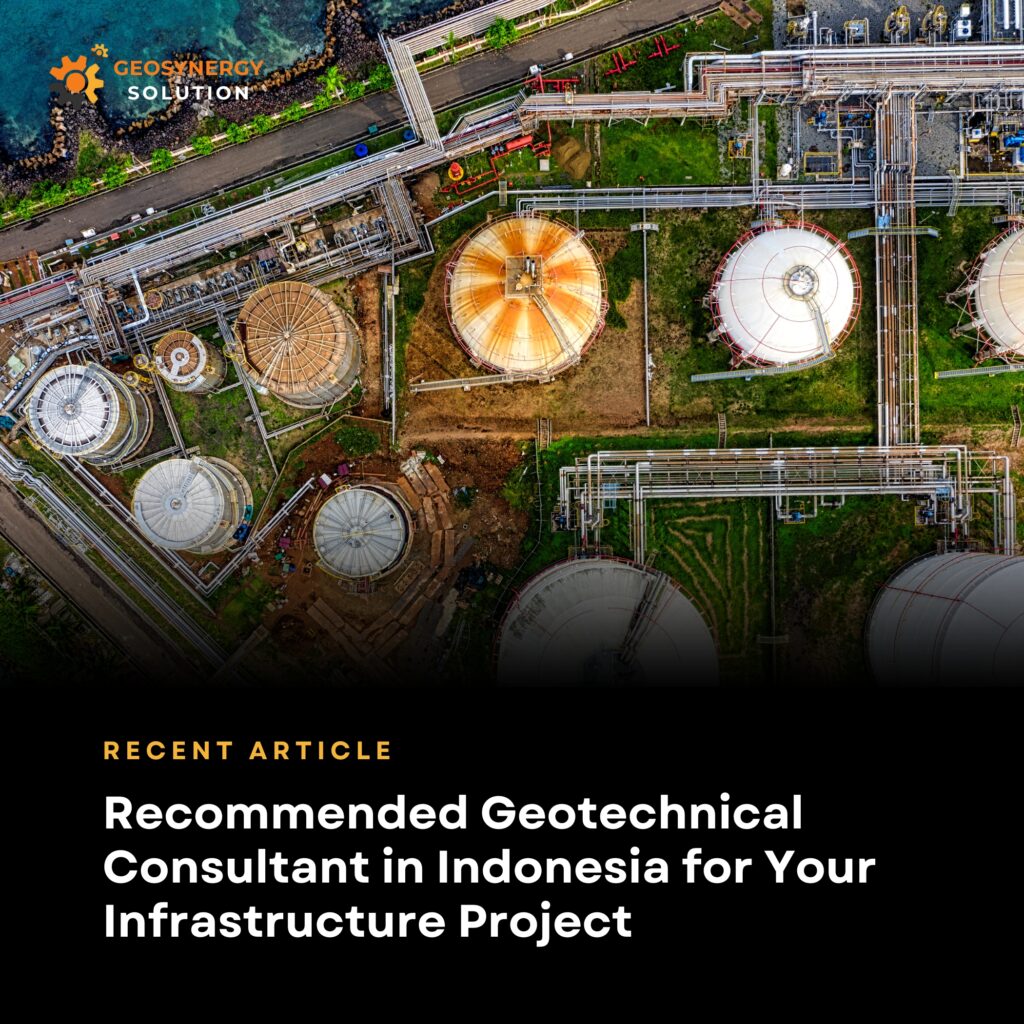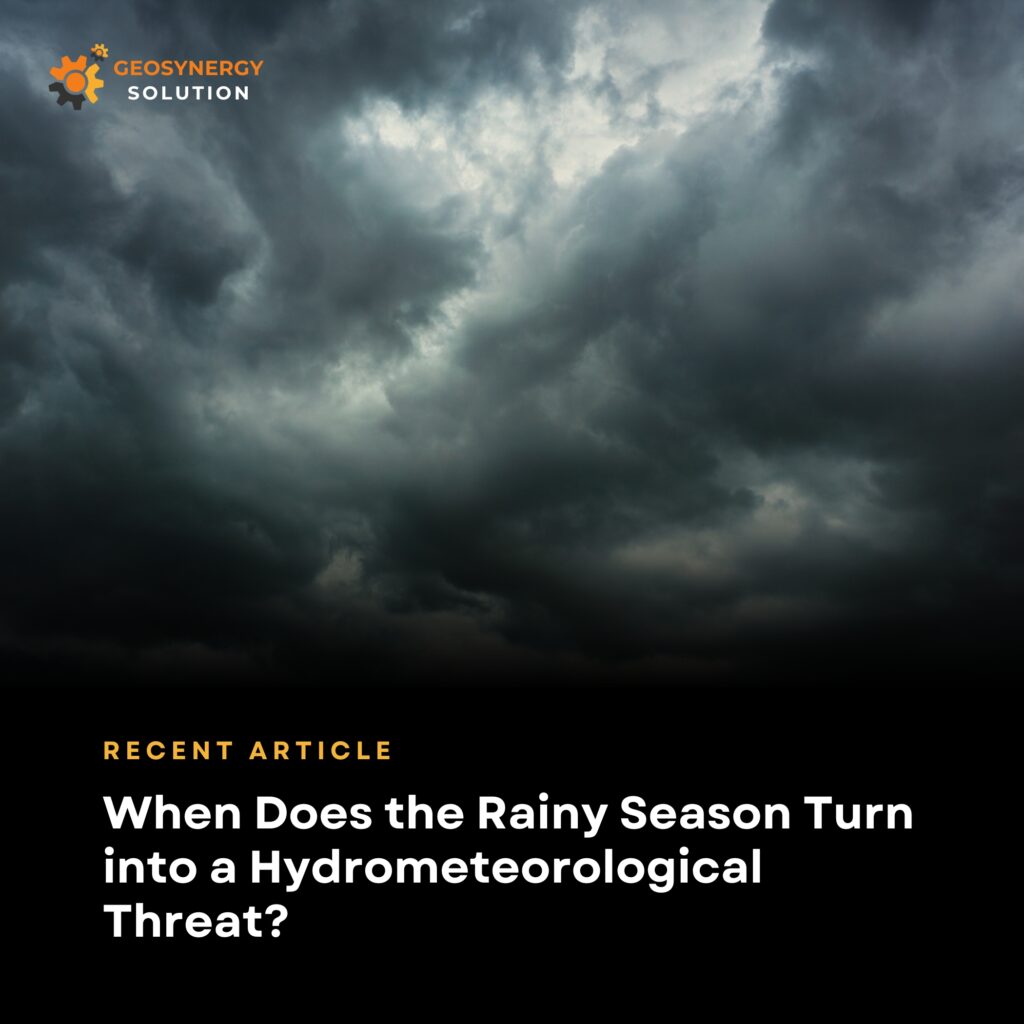How LV Inspection Supports Compliance with Mining OHS Regulations | GeoSynergy Solution
How LV Inspection Helps Maintain Compliance with Mining OHS Regulations Light Vehicle (LV) Inspection plays an essential role in maintaining safety and regulatory compliance in mining operations. Because mining areas involve high-risk activities, each vehicle used on-site must meet strict safety requirements. Therefore, a structured LV inspection process is necessary to ensure safe mobility, reduce […]


